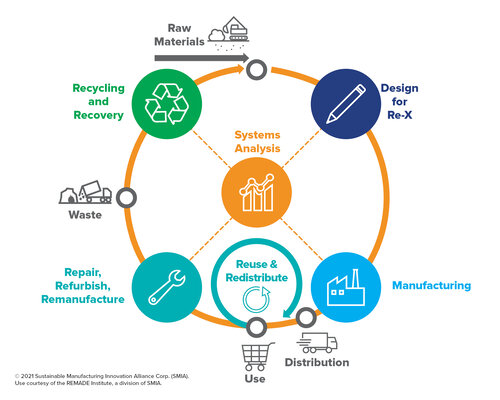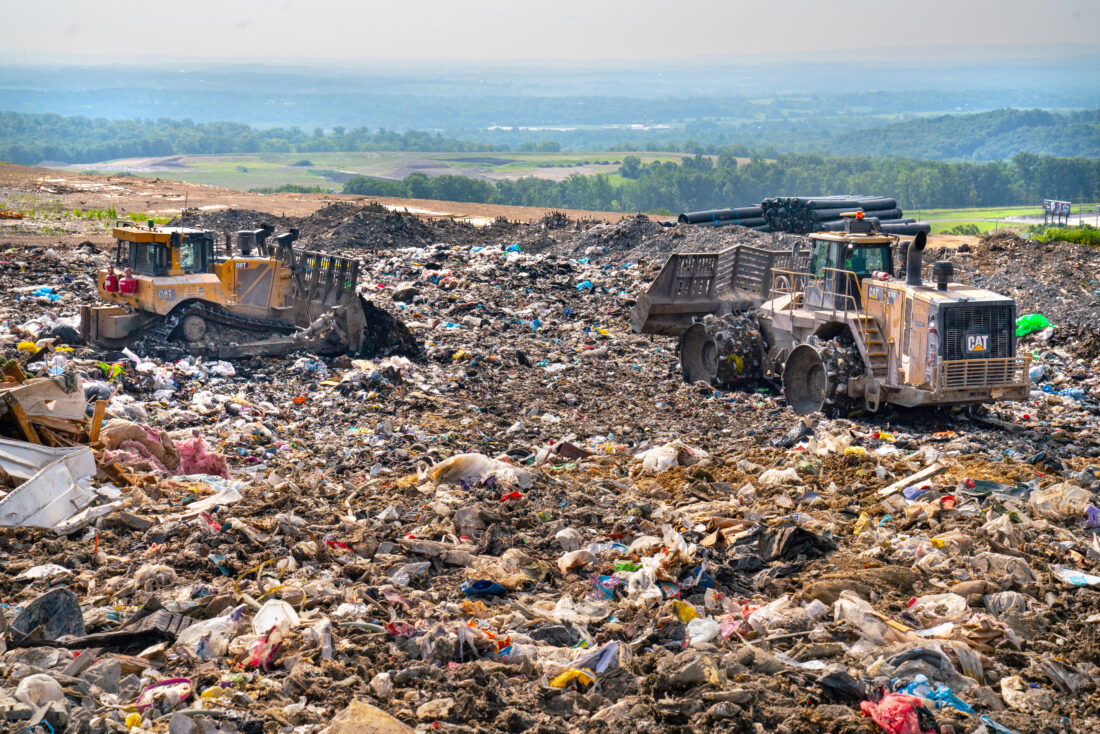At the heart of the green revolution, A3 Global is a beacon of sustainability and environmental stewardship. As the automotive industry shifts towards hybrid and electric vehicles (EVs) to reduce carbon emissions and combat climate change, the question of battery life and disposal becomes increasingly pertinent. This is where A3 Global plays a crucial role by remanufacturing hybrid and electric vehicle batteries and, in doing so, significantly contributing to environmental conservation.
The Environmental Imperative
The production of new hybrid and electric vehicle batteries is resource-intensive, requiring significant amounts of critical minerals such as lithium, cobalt, and nickel. The extraction and processing of these minerals have substantial environmental impacts, including habitat destruction, water pollution, and greenhouse gas emissions. Further, as the demand for hybrids and EVs grow, concerns about battery disposal and the potential for toxic waste have come to the forefront.
A3 Global's Solution
A3 Global addresses these challenges head-on by remanufacturing used hybrid and electric vehicle batteries. Remanufacturing involves refurbishing batteries to their original performance specifications, using a fraction of the energy and materials required to produce a new battery. This process extends the life of the batteries, delaying their entry into the waste stream and reducing the need for new raw materials. Remanufacturing is a critical part of the circular economy.

Environmental Benefits
CO2 Savings
One of the most significant environmental benefits of remanufacturing batteries is the reduction in CO2 emissions. Manufacturing a new battery can emit anywhere from 150 to 200 kilograms of CO2 per kilowatt-hour (kWh) of battery capacity. The battery pack manufacturing phase generates the most GHG emissions for EVs, at an estimated 46% of the total GHG produced by EVs. By contrast, remanufacturing a battery can reduce these emissions by up to 96%, representing only 3% of an EV's total GHG contribution. Considering that an average electric vehicle battery has a capacity of around 60 kWh, remanufacturing can save approximately 8,640 kg to 11,520 kilograms of CO2 per battery when compared to producing a new one.
Conservation of Resources
Remanufacturing batteries also conserves precious resources, which as water and electricity. It reduces the demand for critical minerals, thus alleviating the pressure on ecosystems and communities affected by mining activities.
Remanufacturing an EV battery can save approximately 14,000 liters of water per battery pack by reducing the need for new lithium and other material extractions. Additionally, it can save around 10,000 kWh of electricity per battery pack by avoiding the energy-intensive processes associated with producing a new battery, highlighting significant environmental benefits.
Reduction in Waste
Battery disposal poses a significant environmental challenge, potentially releasing harmful chemicals into the environment. A3 Global's remanufacturing process extends the life of EV batteries, significantly reducing the volume of waste. By ensuring batteries are reused to their fullest extent before recycling, A3 Global contributes to a more sustainable management of battery materials. Additionally, it promotes a circular economy, where products are designed to be reused and recycled, minimizing waste and environmental impact.

The Path Forward
A3 Global is not just remanufacturing batteries; it's reshaping the future of sustainable mobility. By extending the life of hybrid and electric vehicle batteries, our company is paving the way for a greener, more sustainable automotive industry. As awareness grows and technology advances, the environmental benefits of remanufacturing will only increase, further reducing the carbon footprint of electric mobility.
The journey towards a sustainable future is filled with challenges, but through innovation, commitment, and sustainable practices like those of A3 Global, we can steer the automotive industry towards a greener horizon. Remanufacturing batteries is a step towards preserving our planet for future generations, proving that the road to sustainability is not just about the vehicles we drive but also about how we value and extend the life of the resources we already have.



